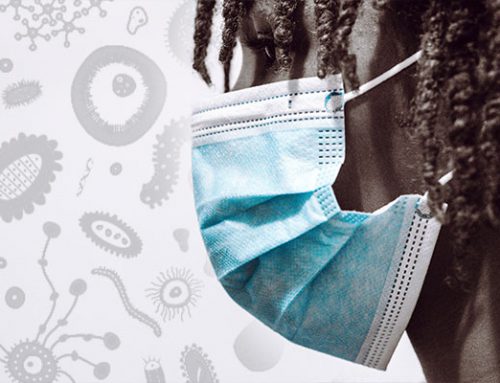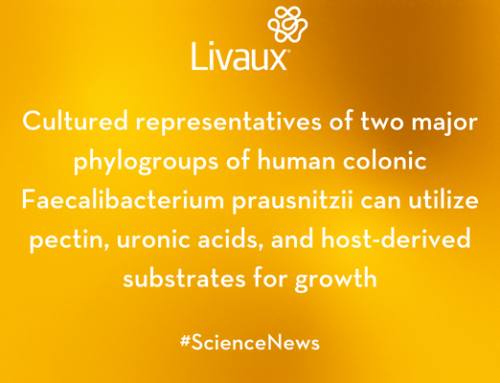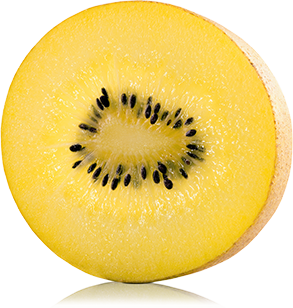Blatchford,P, Stoklosinski,H, Eady,SL, Wallace,AJ, Butts,CA, Gearry,R, Gibson,G, Ansell,J,Journal ofNutritional Science, 6 (e52): 1-10, 2017
This study investigated the impact of Actazin® green (2400 and 600 mg) and Livaux® (2400 mg) gold kiwifruit supplements on faecal microbial composition and metabolites in healthy and functionally constipated (FC) participants. The participants were recruited into the healthy group (n 20; one of whom did not complete the study) and the FC group (n 9), each of whom consumed all the treatments and a placebo (isomalt) for 4 weeks in a randomised cross-over design interspersed with 2-week washout periods. Modification of faecal microbiota composition and metabolism was determined by 16S rRNA gene sequencing and GC, and colonic pH was calculated using SmartPill® wireless motility capsules. A total of thirty-two taxa were measured at greater than 1 % abundance in at least one sample, ten of which differed significantly between the baseline healthy and FC groups.
Specifically, Bacteroidales andRoseburia spp. were significantly more abundant (P < 0·05) in the healthy group and taxa includingRuminococcaceae, Dorea spp. and Akkermansia spp., were significantly more abundant (P < 0·05) in the FC group. In the FC group, Faecalibacterium prausnitzii abundance significantly increased (P = 0·024) from3·4 to 7·0 % following Livaux® supplementation, with eight of the nine participants showing a net increase. Lower proportions of F. prausnitzii are often associated with gastrointestinal disorders. The discovery that Livaux® supplementation increased F. prausnitzii abundance offers a potential strategy for improving gut microbiota composition, as F. prausnitzii is a butyrate producer and has also been shown to exert anti-inflammatory effects in many studies.










